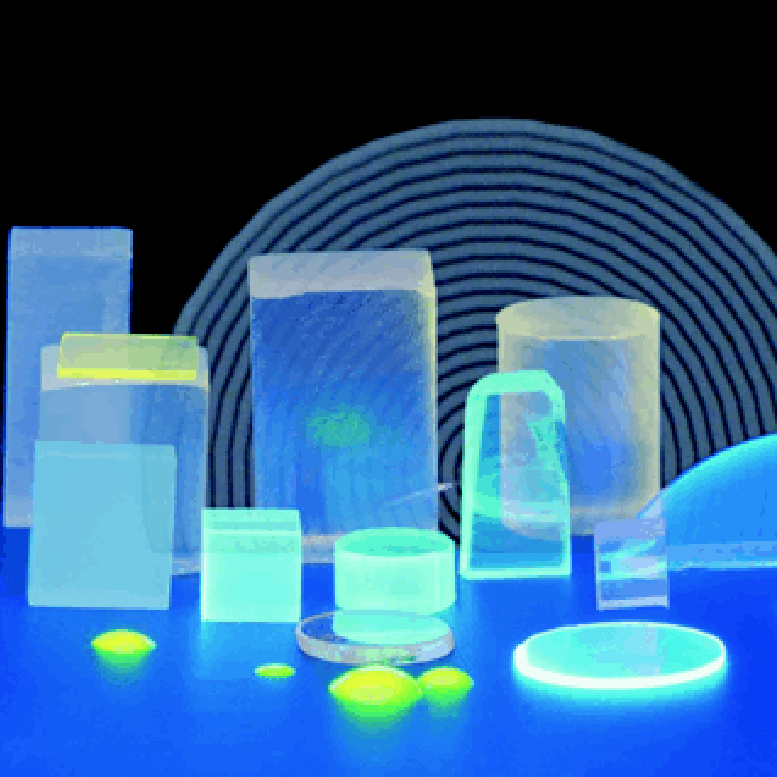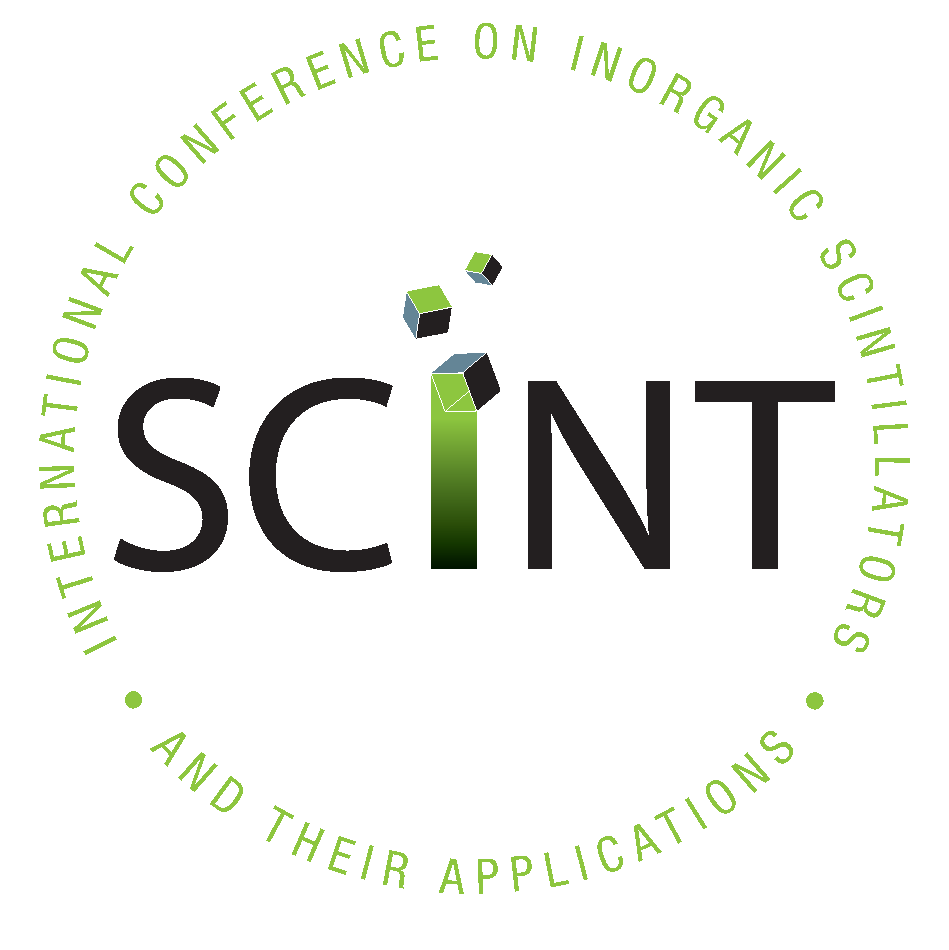International Conference on Scintillating Materials and their Applications

- SCINT 2026 will be held in Gyeongju, Korea
Chair: Prof Hongjoo Kim (Kyungpook National University)
- SCINT 2028 will be held in Bydgoszcz, Poland
Chair: Prof Yuriy Zorenko (Kazimierz Wielki University)
-------------------------------------------------------------------------------------------------------
What is a Scintillator?
A scintillator converts high-energy radiation (we speak also about ionizing radiation) to pulses of light that can convey both the location and energy of the intercepted ray. They can be found as gas, liquid and solids. Among solid scintillators, our conference series is particularly focused on inorganic scintillators which are generally of high density contrary of organic one. They can be found as large and small single crystals, crystalline fibers, thin films, powders and nanoparticles, depending on the final application.
Scintillators are important for applications ranging from airport security to medical imaging to oil exploration, and for large international experiments in high-energy particle physics and astrophysics.
Topics of interest at the meeting range from fundamental processes of radiation interaction and light emission to crystal growth, defects, material engineering, quality inspection, and applications.
In addition, to share the recent advances in this field, the conference aims to gather and promote a community. The International advisory committee is organized as a working group which also aims to act as expert group in order to provide scientific support on request. We also support training actions for early stage researchers, and the conference generally starts by tutorials.
